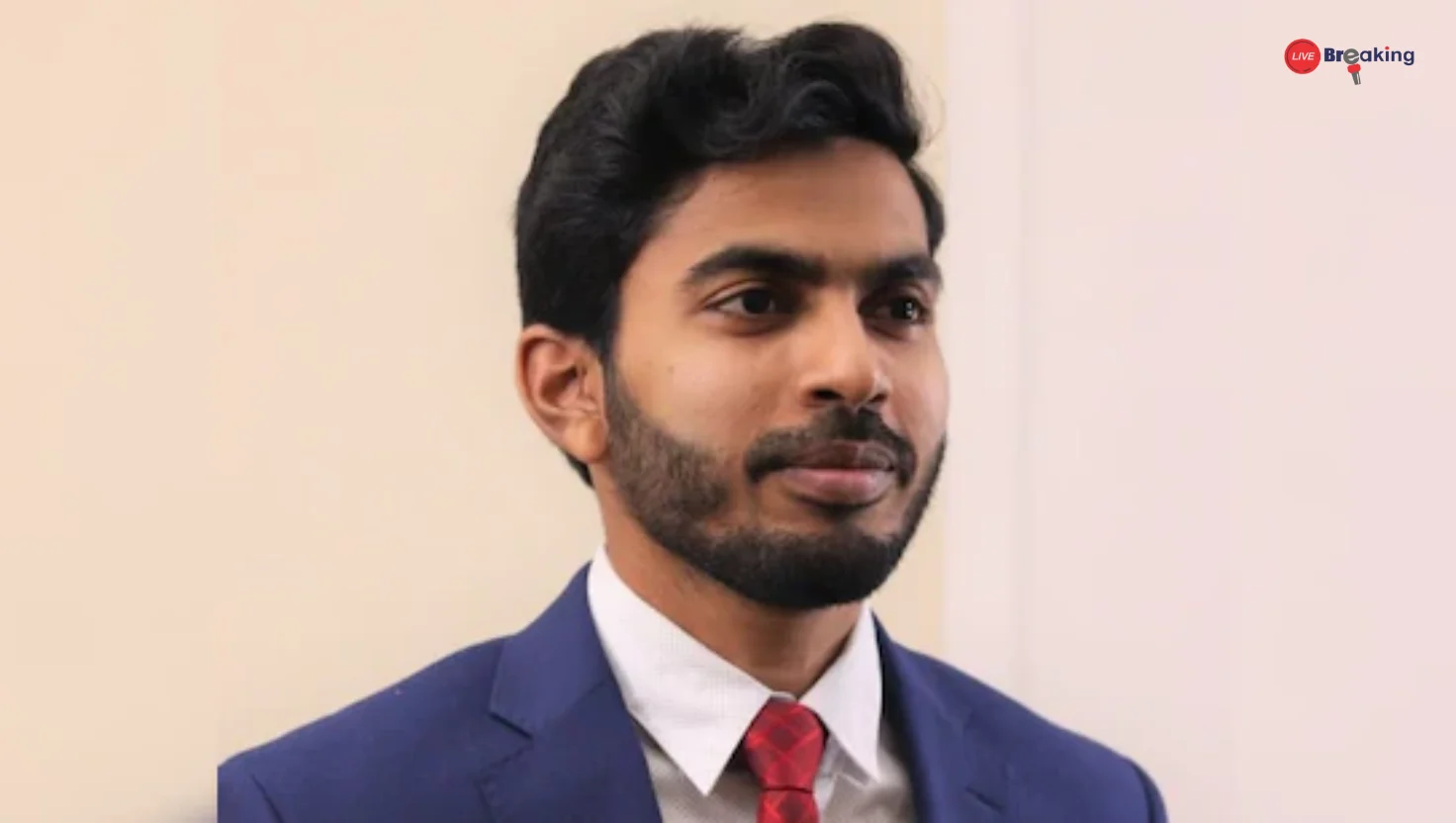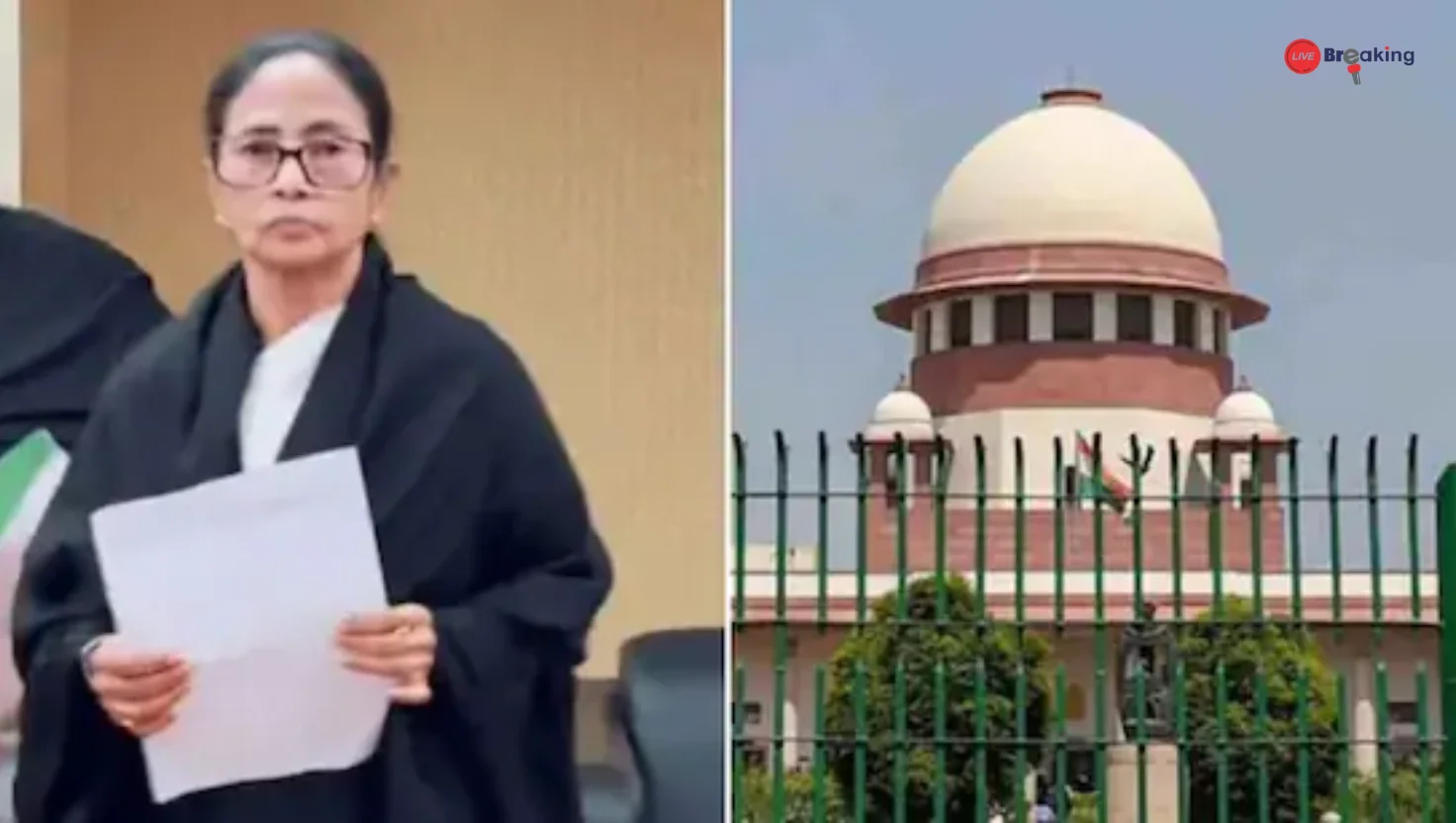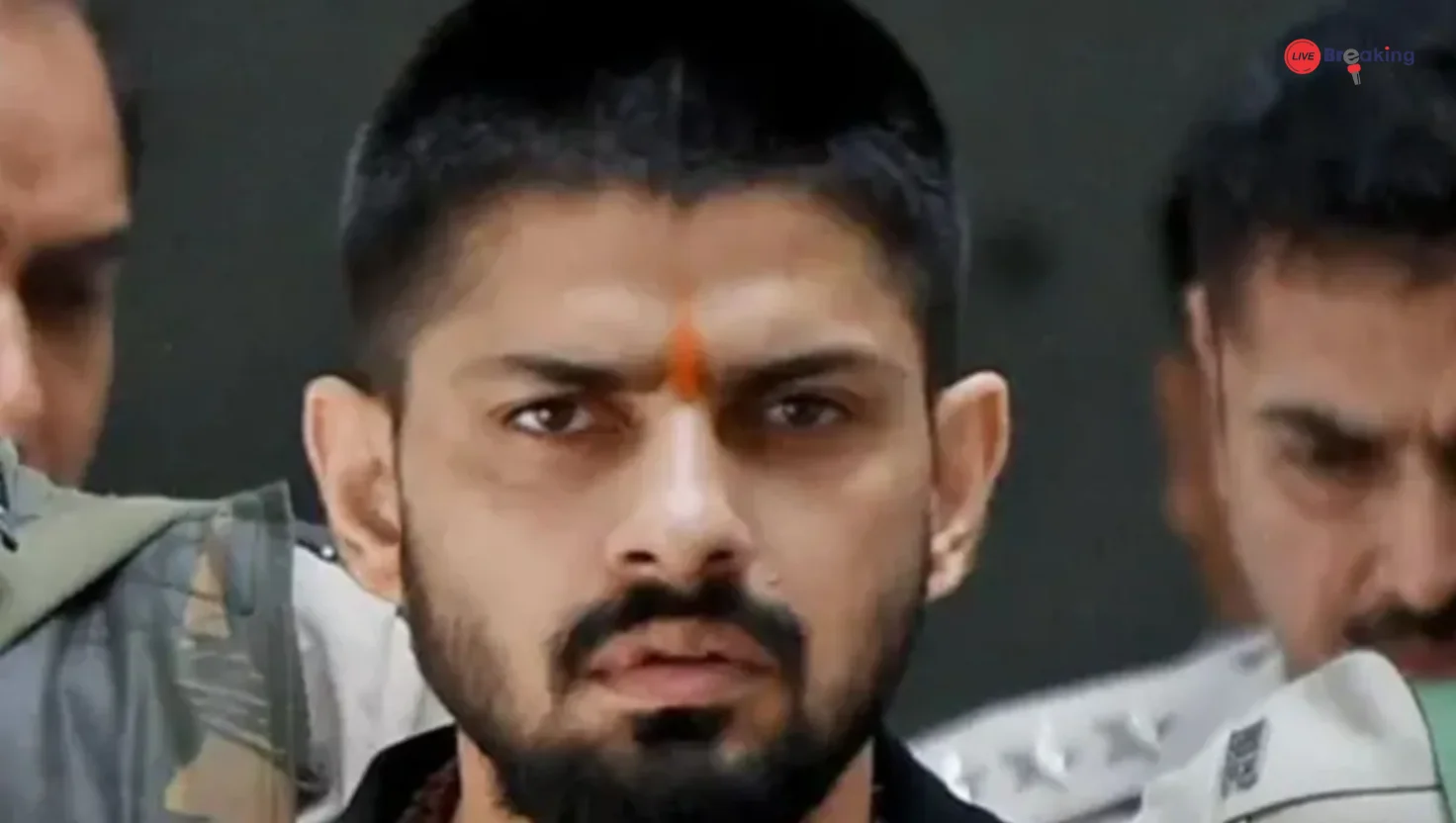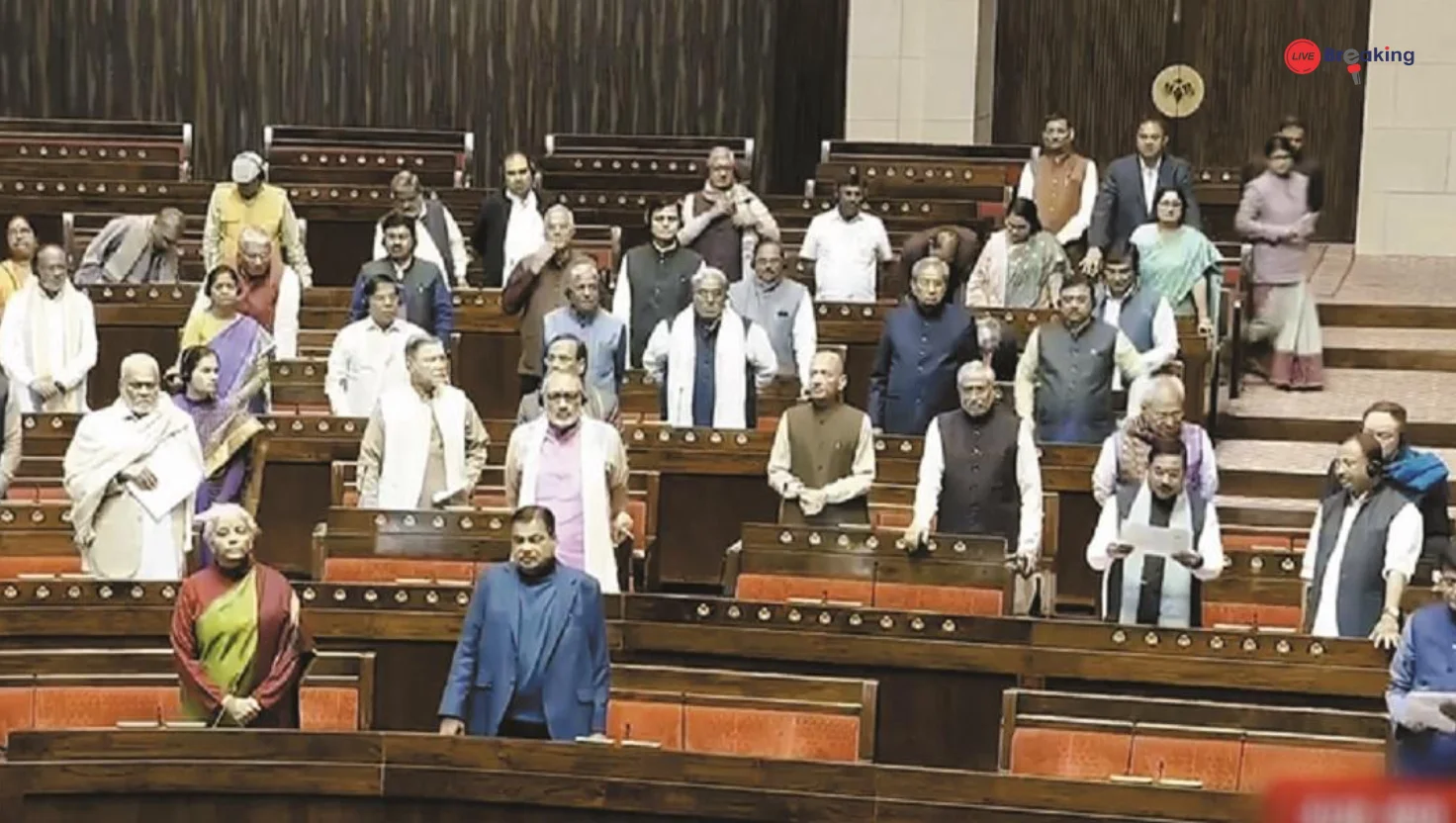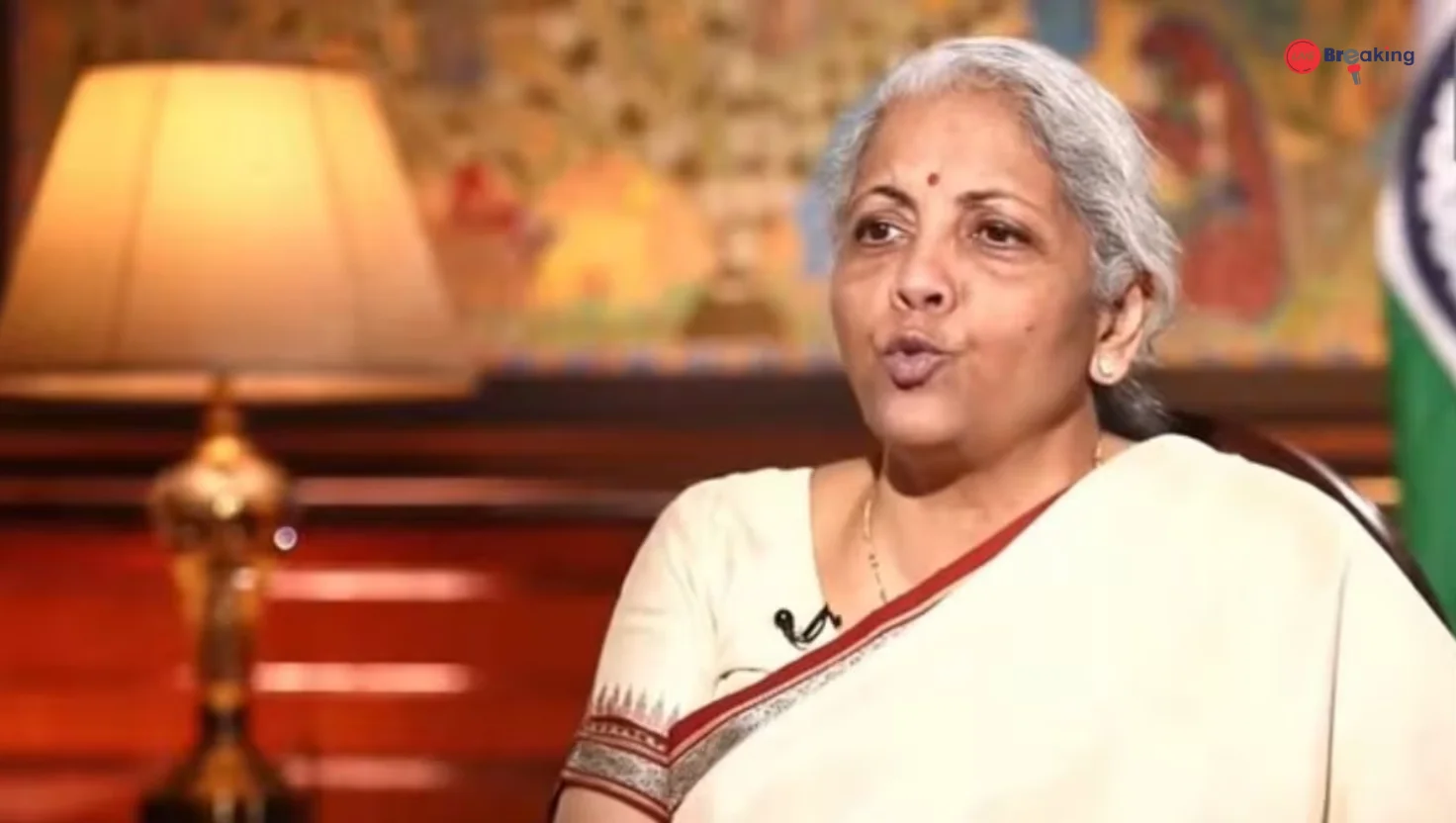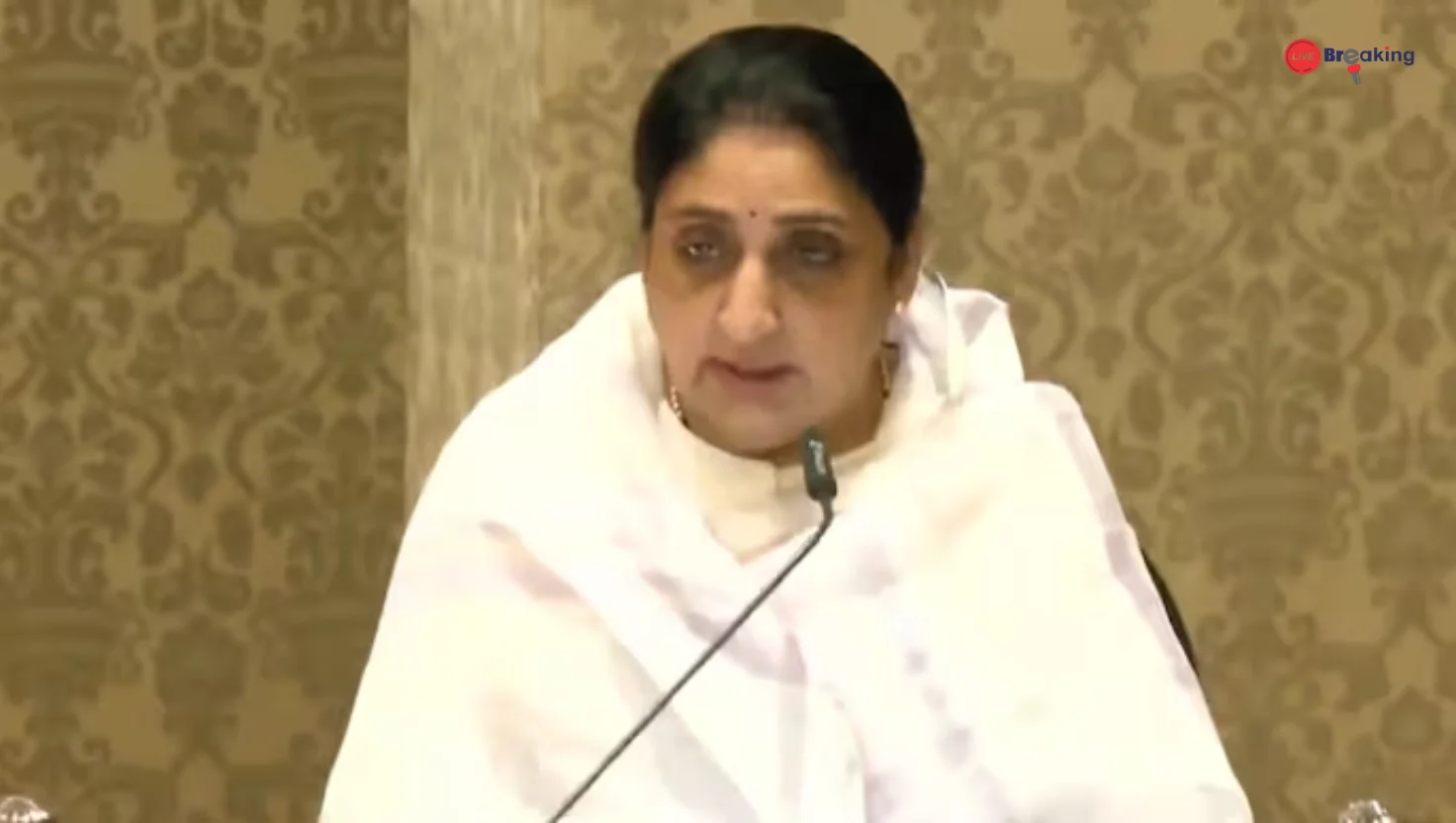“American Mentality Must End”: Indian Techie Before He Was Shot Dead By US Cops
The sudden and heartbreaking death of an Indian professional in the United States has once again stirred deep concerns within the global Indian community. The man, who was fatally shot by US police officers, left behind a haunting message: “American mentality must end.” His words, spoken before the tragic encounter, have since gained painful significance as they echo the frustration, alienation, and fear that many immigrants quietly carry while navigating life in a foreign land.
A Life Cut Short
The victim, a young tech professional from India, had been living in the US in pursuit of opportunities and a better future. Like many immigrants, he faced the dual challenge of adapting to an unfamiliar culture while sustaining the weight of expectations back home. His life, however, was cut short when a confrontation with law enforcement ended with police bullets.
Details of the shooting remain under scrutiny, but what stands out is his emotional declaration before the incident — a call to rethink the so-called “American mentality.” To him, it symbolized an aggressive, often dismissive attitude towards outsiders, particularly when it came to policing and systemic structures.
The Weight of His Last Words
The phrase “American mentality must end” has now taken on a powerful resonance. It speaks not only to his personal frustration but also to the broader issues immigrants grapple with. For many, the American dream comes wrapped with hidden struggles — cultural isolation, stereotypes, and the constant fear of being misunderstood or mistreated.
In his case, this disillusionment manifested in a stark critique of a society that he may have once hoped would embrace him. His tragic end underscores how these feelings are not abstract but rooted in lived realities that can, and sometimes do, turn fatal.
Policing and Cultural Misunderstandings
The US has long been criticized for its aggressive policing practices, particularly against minority groups. Incidents involving immigrants often highlight how cultural gaps can escalate already tense situations. A person’s accent, behavior, or inability to respond quickly in a high-stress confrontation may be misinterpreted as defiance, leading to tragic outcomes.
Read more: Any Aggression Will Be Met Together: Key Security Pledge in Pakistan-Saudi Deal
For immigrants like him, encounters with law enforcement are often fraught with anxiety. The fear of not being understood, of being judged harshly for being different, hangs heavy. His case fits into a troubling pattern where communication barriers and prejudice collide, with deadly consequences.
A Growing Anxiety Among Immigrants
The Indian diaspora in the US is one of the fastest-growing immigrant communities, celebrated for its contributions in technology, business, and academia. Yet, alongside success stories, there are shadows of vulnerability. The news of his death has intensified conversations within immigrant circles about whether safety and dignity can truly be guaranteed in a land often portrayed as the pinnacle of opportunity.
Parents back in India send their children abroad with dreams of stability and progress. Stories like this bring home a chilling reminder: the reality can sometimes be far harsher than imagined.
Beyond Borders: A Call for Reflection
The tragedy is not just a personal loss; it is a moment for reflection on systemic issues. His final words were less about rejecting America outright and more about challenging its deeply ingrained culture of confrontation, policing, and power dynamics. To end the “American mentality,” in his view, was to call for a more humane, empathetic, and just way of dealing with people — especially those from different cultural and ethnic backgrounds.
Read more: Trump Surprise Midnight Greeting for PM Modi: More Than Just a Birthday Wish?
This case also forces a larger question: what does it mean for countries like India, which send thousands of young professionals overseas every year, to ensure their safety? Beyond economic opportunities, are governments doing enough to protect their citizens abroad and press for accountability in such incidents?
A Legacy That Sparks Dialogue
Though his life ended abruptly, his words linger on. They have become more than a personal outcry; they are a mirror reflecting uncomfortable truths about race, power, and belonging in the US. His message, now amplified in the wake of his death, challenges both Americans and immigrants to reconsider how they view each other and how justice is administered.
The Indian professional’s fate may become another statistic in the long list of police shootings, but his final declaration ensures his story will not be forgotten. In mourning him, communities on both sides of the globe are reminded that behind every immigrant’s journey lies vulnerability, and behind every act of violence lies a demand for change.

